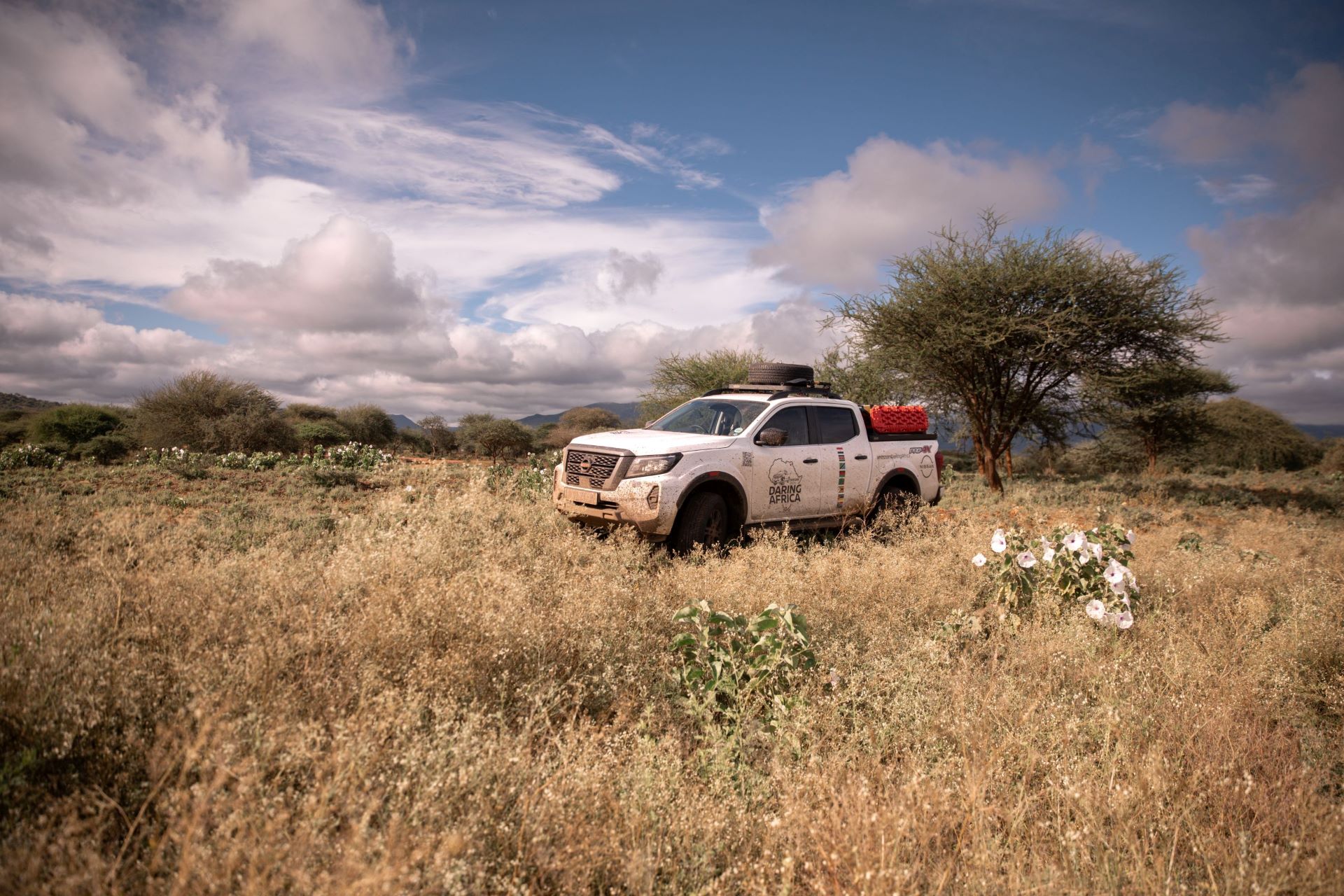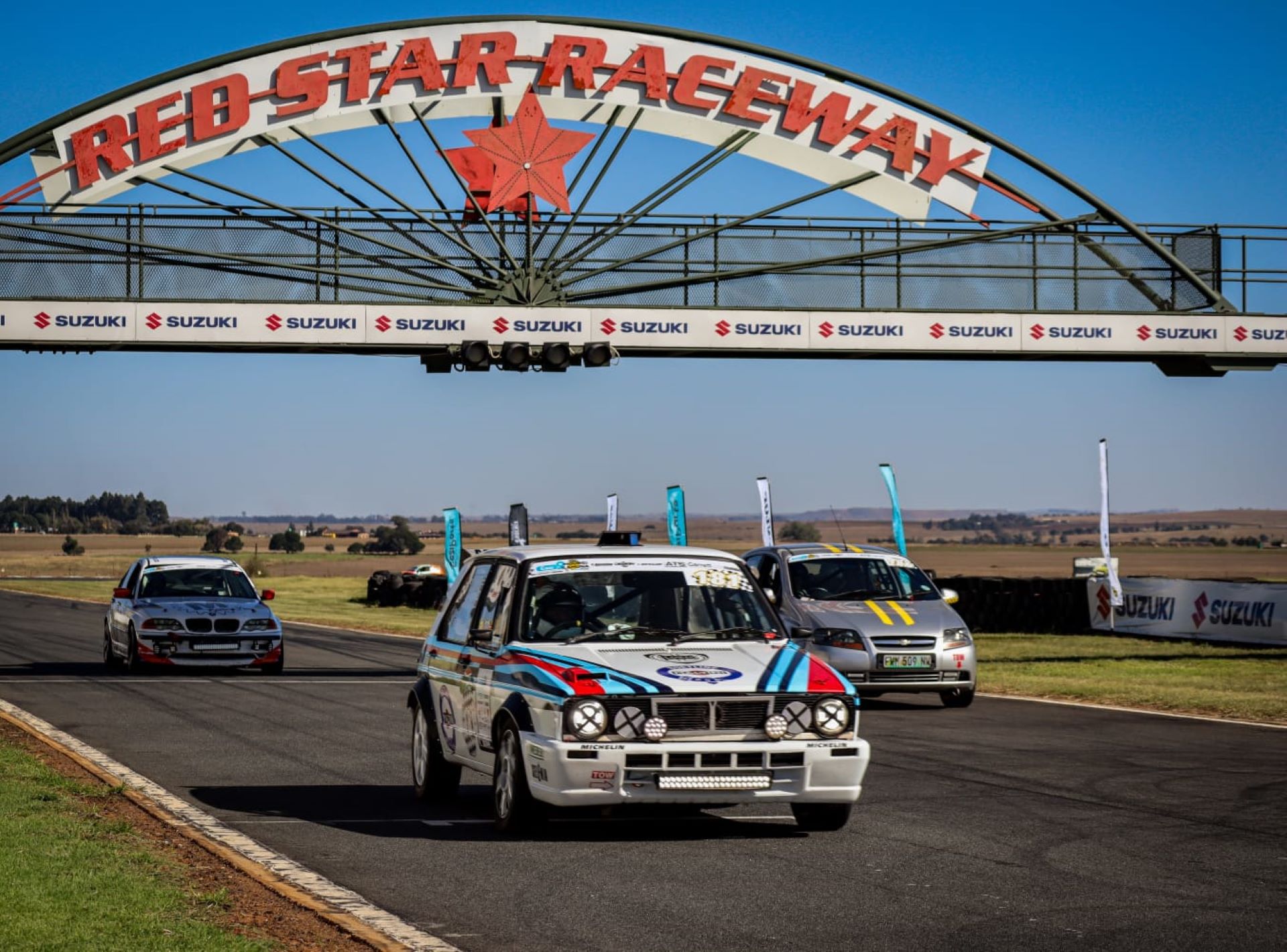The charity Brake is calling on the government to give far greater priority to preventing devastating road casualties and making communities safer, as government statistics out today reveal an increase in people killed and seriously injured on British roads for the first time in 17 years.
.
Road deaths increased by 3% and serious injuries increased by 2% in 2011, meaning 51 more deaths and 462 more serious injuries compared to 2010. Road deaths have been decreasing year on year by an average of 9% since 2004, and in 2010 decreased by 17%, so today’s figures represent a dramatic reversal in the long-term trend.This rise in violent, needless casualties was most significant among vulnerable road users:
- 48 more people were killed on foot in 2011 than in 2010, an increase of 12%. 254 more pedestrians suffered serious injuries compared to 2010, an increase of 5%.
- Cyclist deaths decreased by 4% but serious injuries rose by 16%, meaning an additional 425 serious injuries. This follows cyclist deaths and serious injuries overall increasing for the past four years.
These figures come one year on from the launch of the government’s strategic framework for road safety, which Brake criticised for its lack of ambition and decisive action on key issues. In line with the ethos of the UN’s global Decade of Action for Road Safety, also launched last year, Brake is calling for the government to reprioritise road casualty reduction.
Brake is urging the government to reinstate national casualty reduction targets, which were abandoned last year, and take action on priority areas to bring road casualties down:
- fund and encourage widespread 20mph limits and other measures by local authorities to enable people to walk and cycle safely in their communities, and to protect the most vulnerable road users, such as children;
- implement graduated driver licensing, to help young, inexperienced drivers to be safer (elements of this have been recently announced for Northern Ireland);
- lower our drink drive limit (recently announced for Scotland) and make traffic policing a national policing priority, to ensure greater resources are invested in catching drunk, drugged and other dangerous drivers.
Brake is highlighting that successful road safety measures are an investment, not an economic drain, through preventing costly and devastating crashes and casualties. The value to society of preventing just one death on our roads is estimated at £1.6million.[1]
Julie Townsend, Brake deputy chief executive, said:“It is unacceptable and shameful that after years of progress in road safety and consistent casualty reductions, we are now seeing an increase in people dying and being maimed on our roads. These violent deaths and injuries cause unimaginable suffering, they are a costly drain on health and emergency services, and yet they are preventable.
“It is vital the government wakes up to the very real and human consequences of inadequate action on road safety and moves quickly to address the biggest killers on our roads. We need to see greater ambition on bringing casualties down and making our communities safer places. We need decisive policies on young driver safety and drink driving, and we need investment in measures to protect people on foot and bicycle – which can bring about health, environmental and economic benefits, as well as tackling needless suffering.”
Brake supports people bereaved and seriously injured in road crashes, including through our helpline, which can be reached on 0845 603 8570.


